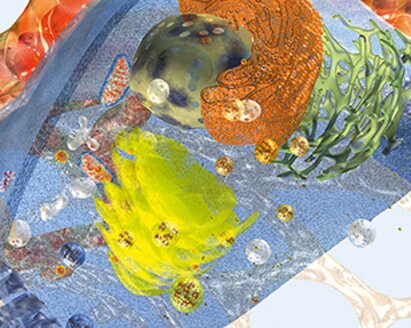Nommsen-Rivers, L.A., Chantry, C.J., Peerson, J.M., Cohen, R.J. & Dewey, K.G. Delayed onset of lactogenesis among first-time mothers is related to maternal obesity and factors associated with ineffective breastfeeding. Am J Clin. Nutr 92, 574-584 (2010).
Berra, S. et al. Correlates of breastfeeding duration in an urban cohort from Argentina. Acta Paediatr. 92, 952-957 (2003).
American Academy of Pediatrics and The American College of Obstetricians and Gynecologists. Breastfeeding Handbook for Physicians 2006).
Murray, E.K., Ricketts, S. & Dellaport, J. Hospital practices that increase breastfeeding duration: results from a population-based study. Birth 34, 202-211 (2007).
Chen, D.C., Nommsen-Rivers, L., Dewey, K.G. & Lonnerdal, B. Stress during labor and delivery and early lactation performance. Am. J. Clin. Nutr. 68, 335-344 (1998).
Hill, P.D., Aldag, J.C., Chatterton, R.T., Zinaman, M. Comparison of Milk Output Between Mothers of Preterm and Term Infants: The First 6 Weeks After Birth. J Hum Lact 2005, 21(1): 22-30.
Hill, P.D., Aldag, J.C. & Chatterton, R.T. Initiation and frequency of pumping and milk production in mothers of non-nursing preterm infants. J Hum Lact 17, 9-13 (2001).
Hopkinson, J., Schanler, R. & Garza, C. Milk production by mothers of premature infants. Pediatrics 81, 815-820 (1988).
Parker, L.A., Sullivan, S., Krueger, C., Kelechi, T. & Mueller, M. Effect of early breast milk expression on milk volume and timing of lactogenesis stage II among mothers of very low birth weight infants: a pilot study. J Perinatol 32, 205-209 (2012).
Parker, L.A., Sullivan, S., Krueger, C., & Mueller, M. Association of timing of initiation of breastmilk expression on milk volume and timing of lactogenesis stage II among mothers of very low-birth-weight infants. Breastfeed Med (2015).


















